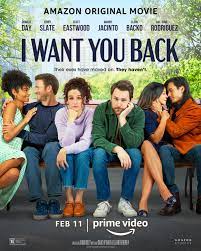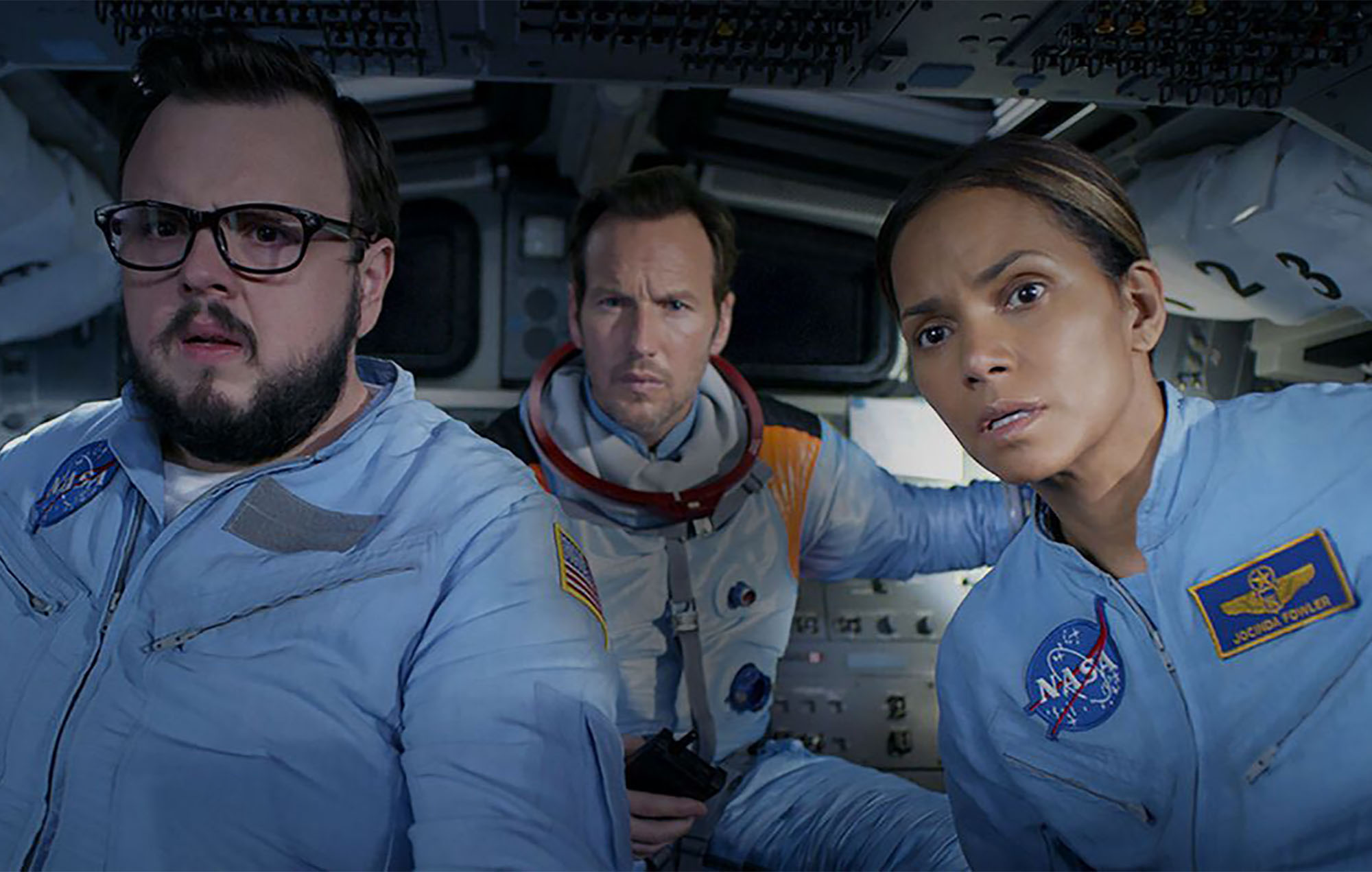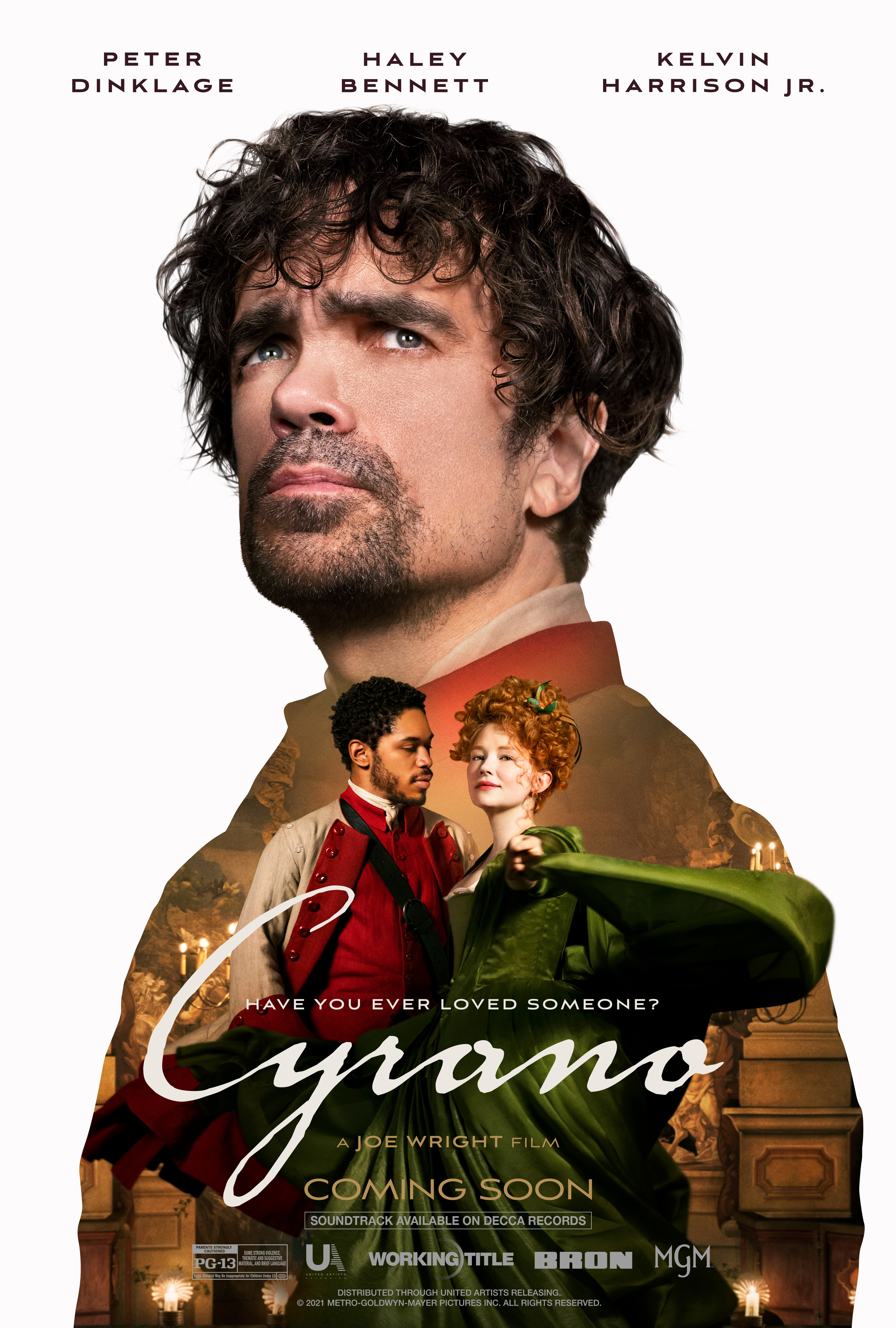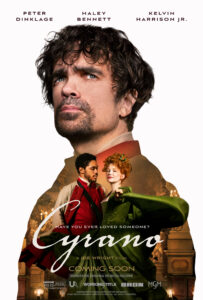Death on the Nile
Posted on February 10, 2022 at 5:39 pm
B| Lowest Recommended Age: | Middle School |
| Profanity: | Some strong language |
| Alcohol/ Drugs: | Alcohol |
| Violence/ Scariness: | Murders, gun |
| Diversity Issues: | None |
| Date Released to Theaters: | February 11, 2022 |
| Date Released to DVD: | April 4, 2022 |

Agatha Christie’s 1937 novel about a murder in Egypt has been sumptuously brought to screen by Sir Kenneth Branagh, who directed and stars as super-sleuth Hercule Poirot. (It was previously filmed with Peter Ustinov in 2009.)
For this version of “Death on the Nile,” Branagh worked again with his outstanding “Belfast” cinematographer Haris Zambarloukos and production designer Jim Clay, and their work here is never less than breathtakingly exquisite, matched by the fabulous costumes designed by Paco Delgado and JobanJit Singh, worn by some of Hollywood’s most glamorous stars. It is beautiful to look at, and to listen to, with a superb soundtrack that includes sultry songs by a nightclub performer (Sophie Okonedo, the highlight of the film). But as with Branagh’s previous Poirot film, there are some confounding choices that distract us from the reason we’re there, which is to have just enough information and almost enough emotional involvement to enjoy the puzzle. For some inexplicable reason, Branagh and his screenwriter, Michael Green (“Logan”) think that we need to understand Poirot’s backstory, which Dame Agatha knew very well we did not. In 33 books, 2 plays, and more than 50 short stories, she wisely never told us more about Poirot than that he was proud of his “little gray cells,” his Belgian heritage (he is often mistaken for French), and his impressive mustache and that he sometimes spoke of retiring to plant vegetable marrows. This film begins with an un-Christie, un-canon flashback to Poirot’s WWI combat experience, and it (and the coda at the end) add nothing to the story.
The story has more than enough love, betrayal, melodrama, and yes, murder to fill a movie. In fact, to my recollection, it adds at least one murder to the Christie original for, again, no particular reason. This is a darker story than “Murder on the Orient Express,” but the tone of the film, and even the stunning images (people and settings) are off-kilter with the carnage of the story. There’s a reason that the stories by Christie and her imitators are called “cozies.” Unlike noir mysteries, they are comparatively neat and civilized. Noir is rotgut whiskey and bathtub gin. Cozies are afternoon tea with lemon curd and clotted cream.
It begins (after we get the flashback out of the way) with two devoted friends, both beautiful, high-spirited young women. Jacqueline (Emma Mackey) is poor and Linnet (Gal Gadot) is very wealthy. Jacqueline tells Linnet she is madly in love with Simon (Armie Hammer) but they need money to get married. Linnet immediately offers her whatever she needs as a wedding gift, but Jacqueline says that what she wants is a job for her fiancé. If Linnet will hire him as her estate manager, that’s all they need. Linnet agrees, Simon asks her to dance to celebrate and…in the next scene, it is Simon and Linnet who are married, celebrating in Egypt. Jacqueline, almost mad with jealousy, has followed them. To feel safe, Linnet invites a group to take a boat to see the famous tomb at Abu Simbal and other sights along the Nile. She tells Poirot that having money means it is impossible to trust anyone.
The other passengers include the blues singer and her accompanist/manager niece (Letitia Wright of “The Black Panther”), Poirot’s handsome young friend Bouc (Tom Bateman, returning in the same role he played in “Murder on the Orient Express”) and his protective mother (Annette Bening), two middle-aged British ladies (underused Dawn French and Jennifer Saunders), Linnet’s lawyer (Ali Fazal) and doctor (a sincere, melancholy, toned-down Russell Brand). Jacqueline joins the group as well. When someone is murdered, it turns out that many of the passengers may have had motive and/or opportunity. Poirot will have to ask questions and ultimately gather all of the surviving group in one room to tell them which of them is guilty.
Where will the next Branagh/Christie all-star mystery take place? Following a train and a boat, which conveniently limit inquiries to the people on board. Maybe an airplane? A submarine? Despite its shortcomings, I’ll be along for the ride.
Parents should know that this is a murder mystery with some grisly and disturbing images. There are also sexual references and characters use some strong language and drink alcohol.
Family discussion: Which clues did you miss? How do the songs relate to the story and characters?
If you like this, try: the original “Murder on the Orient Express,” “10 Little Indians,” and more Christie-based movies and television series as well as her books.








